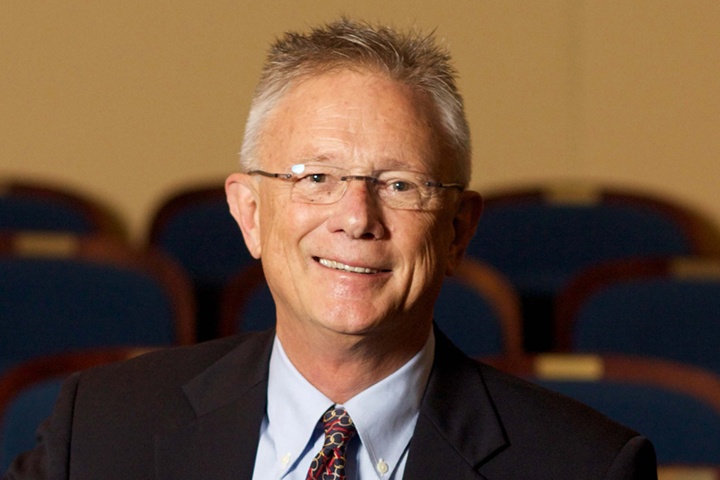Jesse L. White, Jr. (1979) endows fellowship fund

Dr. Jesse White Jr. PhD '79
Photo: courtey of Dr. Jesse White Jr.
Mississippi native Jesse L. White Jr. PhD ’79 came to MIT with the aim of understanding voting behavior in his home state and gaining a broader perspective on the world. As a political science doctoral student, he found what he was looking for: “Growing up in a very provincial environment, going to a world-class institution was life-altering,” White says. “I feel like I owe so much to MIT.”
For this reason, he established the Jesse L. White, Jr. (1979) Fund last summer, which will help support graduate students in the political science department, particularly students who might not otherwise be able to study at MIT.
“We’re just delighted by this gift,” says Andrea Campbell, department head and Arthur and Ruth Sloan Professor of Political Science. “The graduate student program is the crown jewel of our department, and to be able to develop it further with this kind of support is exciting for both faculty and graduate students.”
The Fund will help make a significant contribution to the department, Campbell says. “Our hope in the long term is that this kind of graduate student support will enable us to increase the size of the graduate program,” she says. “Right now we can sponsor twelve students a year, and our goal is fifteen so we can achieve a critical mass of students in each of the department’s subfields.”
In recognition of White’s academic interests, the department chose Samuel R. Hoar, a graduate student engaged in American politics and government, to be the first student supported by the Fund. “To be selected for something like this is really cool,” he says. “The fact that there is someone out there to whom my funding is directly tied, and who is making my graduate career possible, is really an honor.”
Hoar, a 29-year-old graduate of Middlebury College who had been teaching U.S. history and politics in a private high school, says he had long wanted to return to academics. “While teaching was thrilling, I always had the sense of wanting a greater opportunity to engage more in the discipline,” he says.
At MIT, Hoar hopes to explore the relationships between voters and members of Congress, focusing on factors that influence citizen behavior at the ballot box and those that influence decision-making by elected representatives. “Congress seems to be the locus of discord we see today in Washington,” Hoar says. “If we can understand how they behave and why, maybe we can better go about figuring out how to fix some of those problems.”
Such an ambitious academic agenda resonates with White. “I did a 650-page dissertation on what governed voting behavior in Mississippi from 1903 to 1975,” says White, who worked with MIT’s renowned U.S. government scholar, Walter Dean Burnham. “Those were the days when you used punch cards to make correlations, and I found patterns showing a growing voter consensus around modernization in the state, moving it from an agricultural to a more industrial society.”
From MIT, White went on to a career managing political campaigns, then later, in public service, heading up the Appalachian Regional Commission and economic development initiatives in North Carolina. But along his journey, White retained a powerful connection to MIT, including service on the political science department’s visiting committee, and now, this important endowment.
“I wanted to leave some sort of legacy to help other graduate students in political science,” says White. “And I hope this might inspire some other graduates of MIT to step up and make a similar gift.”